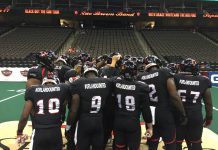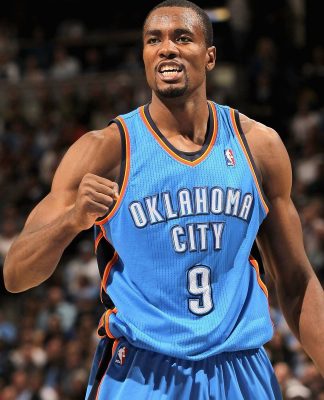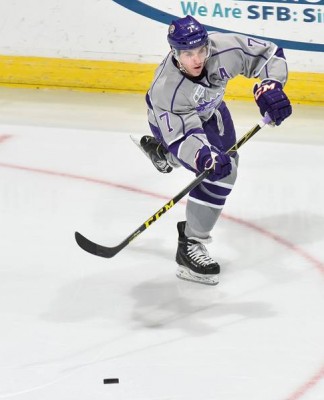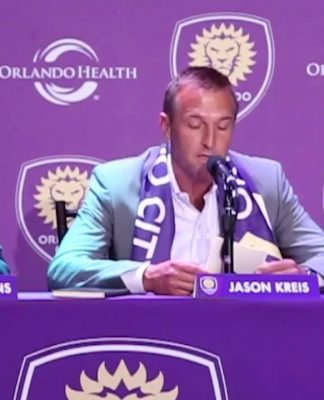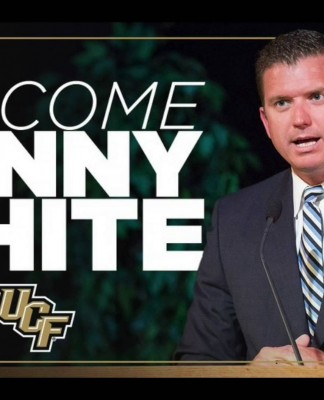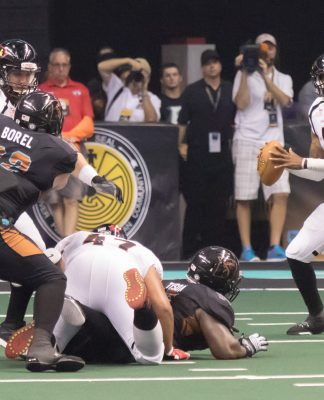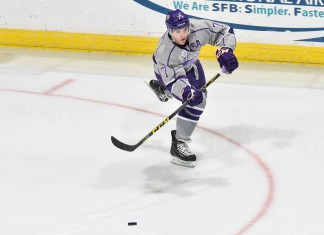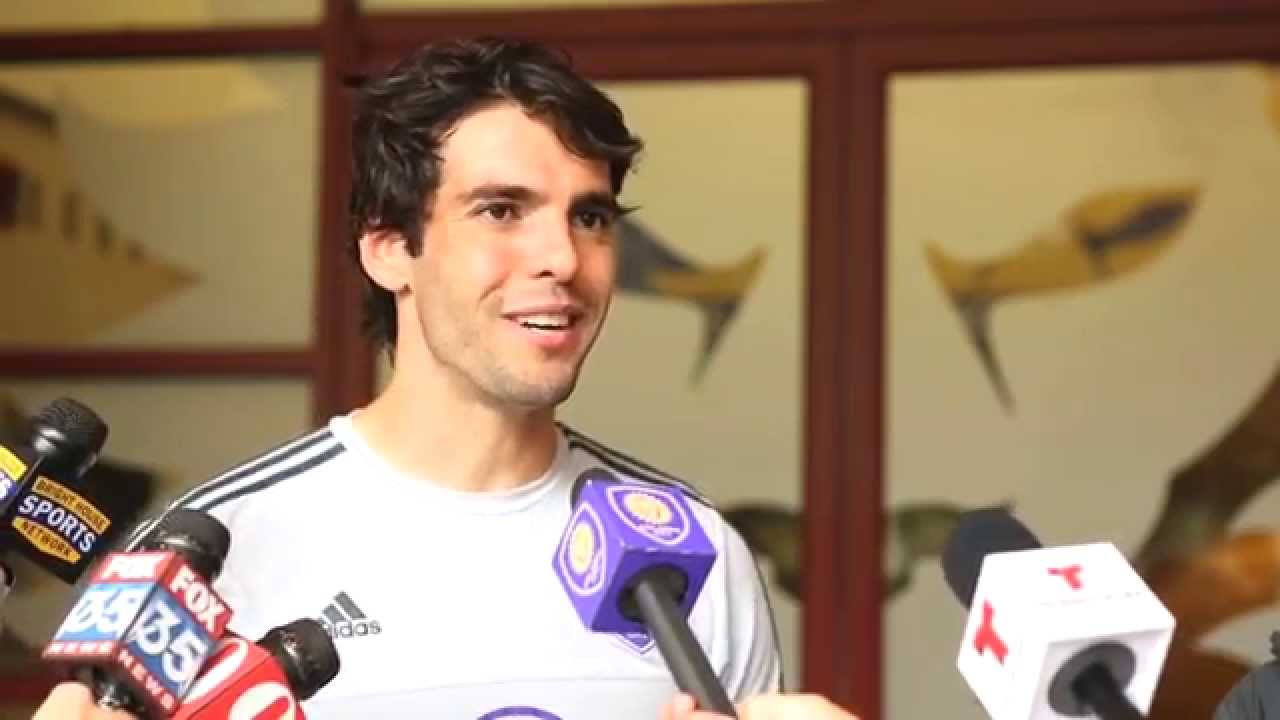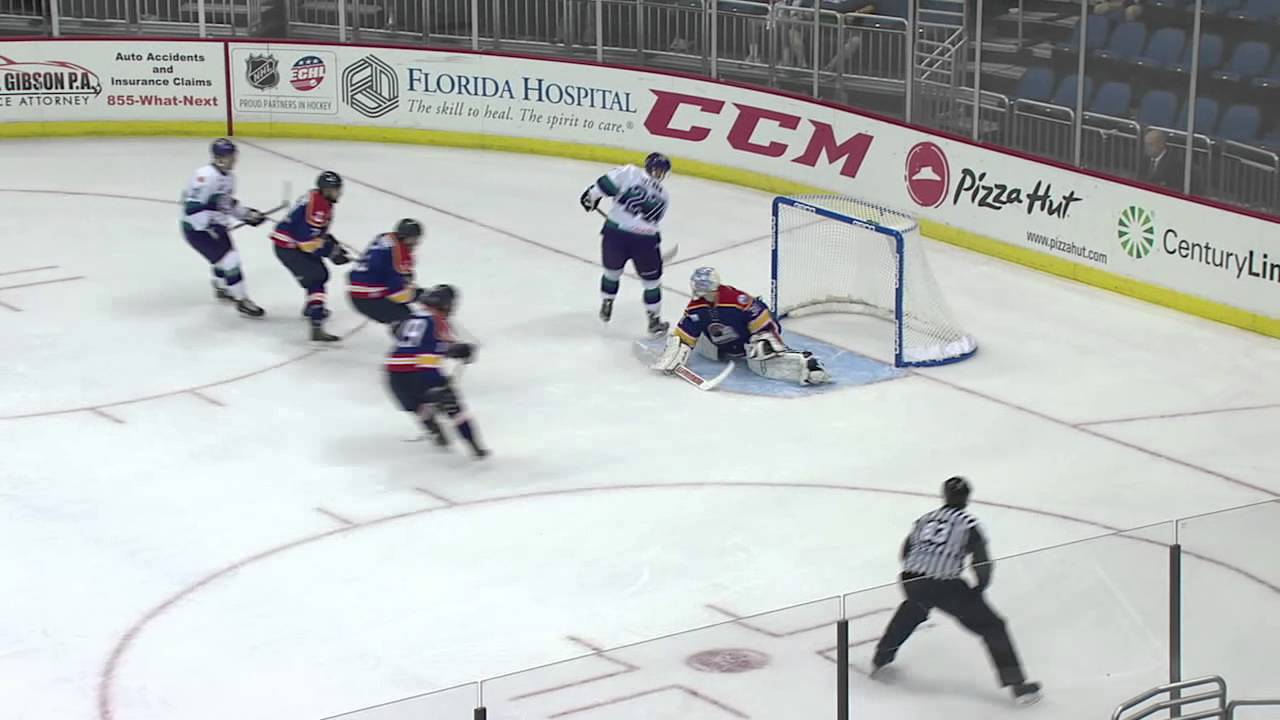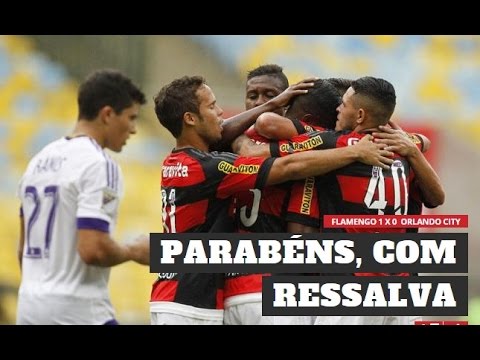The sunset and scene could not have been more perfect at Champion Stadium at ESPN’s Wide World of Sports. The sun came over the scoreboard creating a sky that was gorgeously orange and yellow. The picturesque setting for a reluctant close to a celebration of service and the ongoing fight for life and even normalcy. . . or exceptionalism or heroism.
It's a beautiful night at ESPN Wide World of Sports Complex. Jordan Smith is performing live at #InvictusGames2016! pic.twitter.com/smmNm620bM
— Disney Sports (@DisneySports) May 12, 2016
The Invictus Games mean a lot of things to a lot of people.
The weeklong games were competition. There were winners and losers. There were medals handed and awards given. ESPN broadcasted the entire event.
But results were not all that mattered. This was a competition to celebrate perseverance and life and service. This was a competition to empower those that had given and sacrificed so much for their respective nations — both physically and mentally — and it was about celebrating them. That is why each athlete took home a medal during the closing ceremonies and each athlete had a story worth telling.
Too many to tell in the week they played at ESPN’s Wide World of Sports. Everyone had given up something and (hopefully) found or shared something on the fields this past week.
But the games had to end. They could not go on forever. And now all 485 athletes — all wounded veterans and servicemembers from countries around the world — will return to their homes. Hopefully returning with a new sense of pride and a new sense of normalcy to continue living their lives with as much as meaning as they gave part of themselves for.
The Invictus Games took off when Prince Harry of the United Kingdom took hold of the idea from the previous Wounded Warrior Games and he made it his mission — as a veteran himself — to empower veterans of these wars to overcome their injuries and return to some form of normalcy. With the games over, they will have to bring their message to home until they reconvene in Toronto next year.
That was a message many took to heart.
“If I want something to last after I leave here is that all this media and all this attention that we’re getting, they use it and get it out to the world,” two-time Invictus Games champion Javier Rodriguez of St. Cloud told Stephen Ruiz of the Orlando Sentinel. “They [reach] somebody out there who is in bed, watching. Hit somebody at some point.'”
It is not always easy for veterans. The United States alone has had broiling controversies over its treatment of veterans for decades and the latest issues with the VA Hospitals further put things into light. The growing awareness of PTSD has also put into focus the gap in mental health coverage for veterans returning from wars the United States has fought.
These are not just issues with the U.S. but issues around the world.
If a week of adaptive sports, games and camaraderie can help in the recovery, the Invictus Games will have done part of its job.
The Invictus Games though was also about raising awareness for the challenges and strength veterans face. Again, awareness not only empowers but helps shed light on the problems and begin creating solutions.
This was a major event that accomplished just about everything it needed to. This second edition of the Invictus Games was bigger than it was the previous time. And it feels like momentum for the games will only continue. By next year, there should be more competitors, more countries and more excitement for fans.
That is not what it is all about, of course. The games helped those who competed most. And now they can carry their message and their confidence and their pride home.


